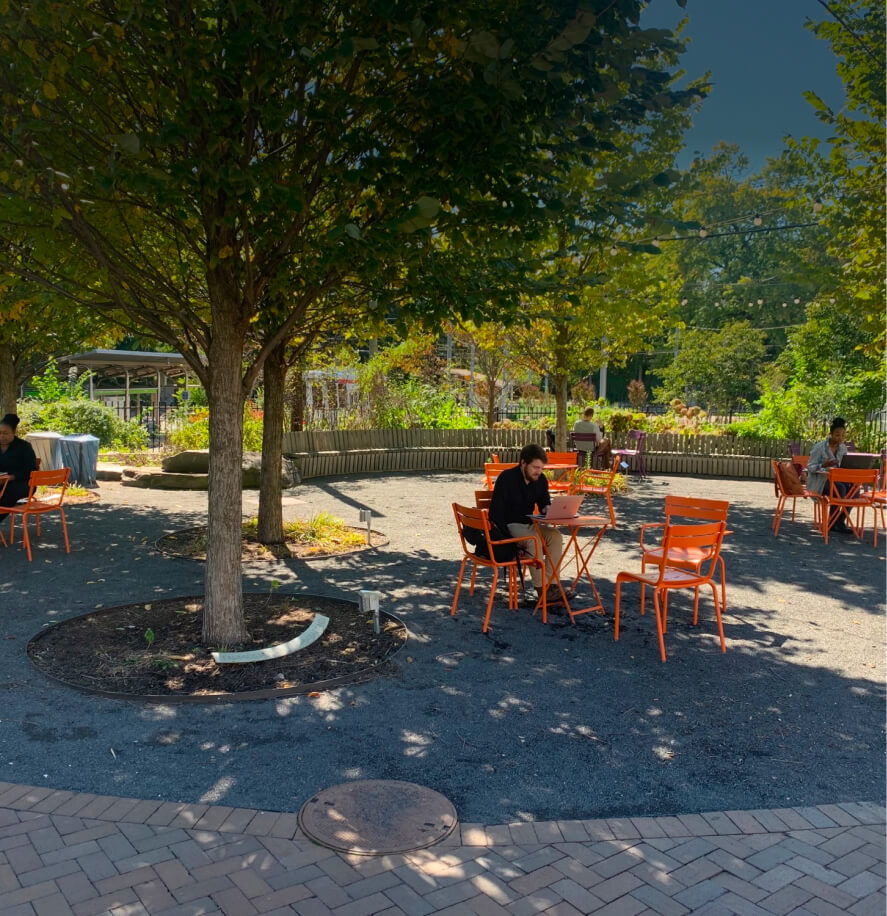-
Things to Do
Discover everything to do in University City.
-
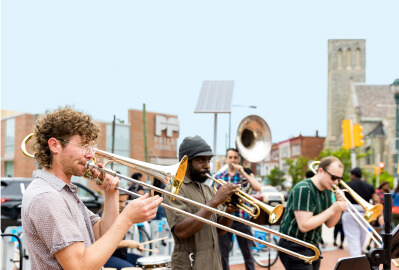 Community CalendarEvents including restaurants promotions, concerts, live theater, community meetings, art galleries & public spaces
Community CalendarEvents including restaurants promotions, concerts, live theater, community meetings, art galleries & public spaces -
 Baltimore Avenue Dollar Stroll$1, $3, and $5 deals from local businesses & vendors
Baltimore Avenue Dollar Stroll$1, $3, and $5 deals from local businesses & vendors -
 University City Dining DaysUniversity City’s version of “restaurant week”
University City Dining DaysUniversity City’s version of “restaurant week” -
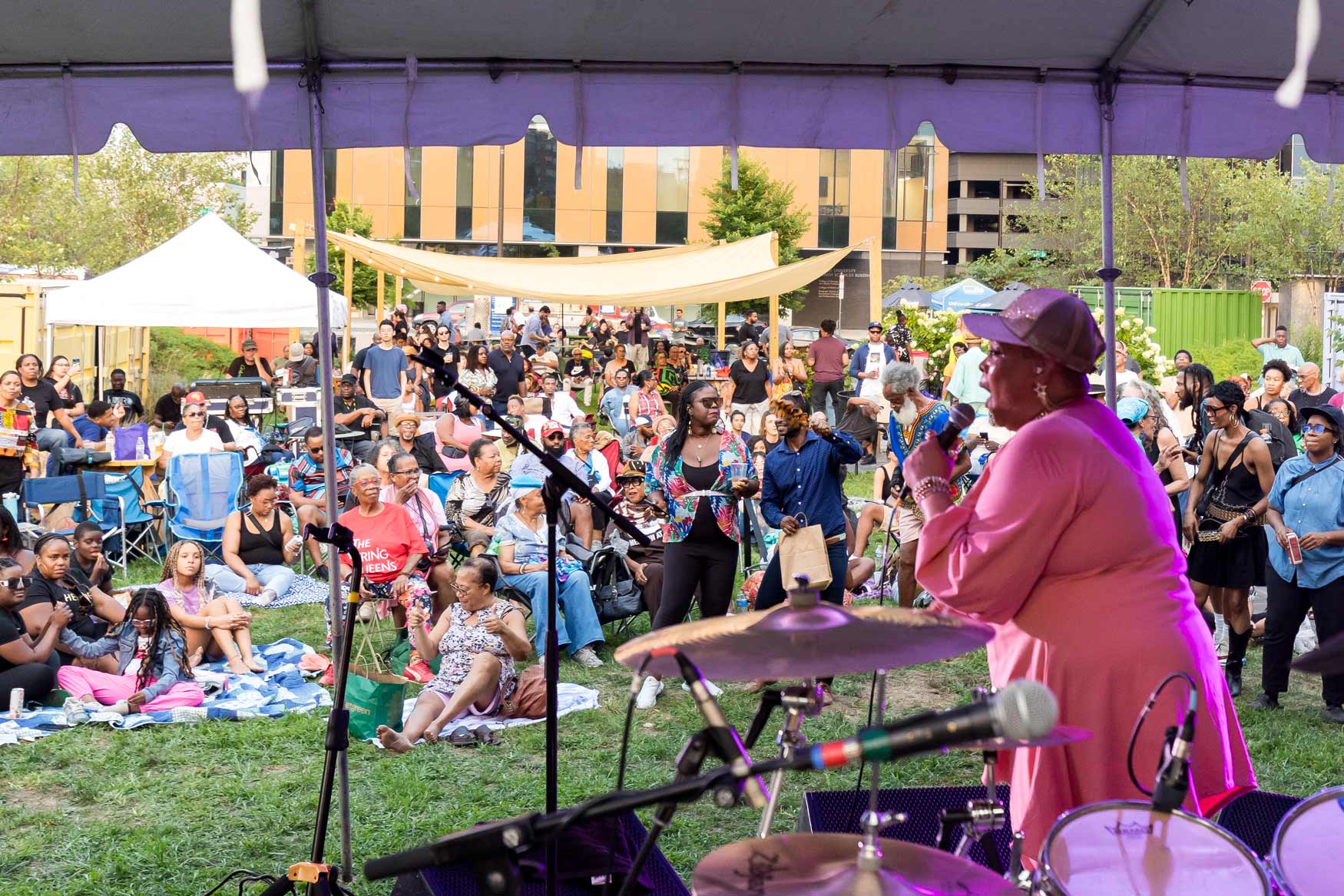 University City Summer SeriesFamily-friendly free outdoor summer concerts
University City Summer SeriesFamily-friendly free outdoor summer concerts -
 Movies in Clark ParkFamily-friendly free outdoor screenings every August
Movies in Clark ParkFamily-friendly free outdoor screenings every August -
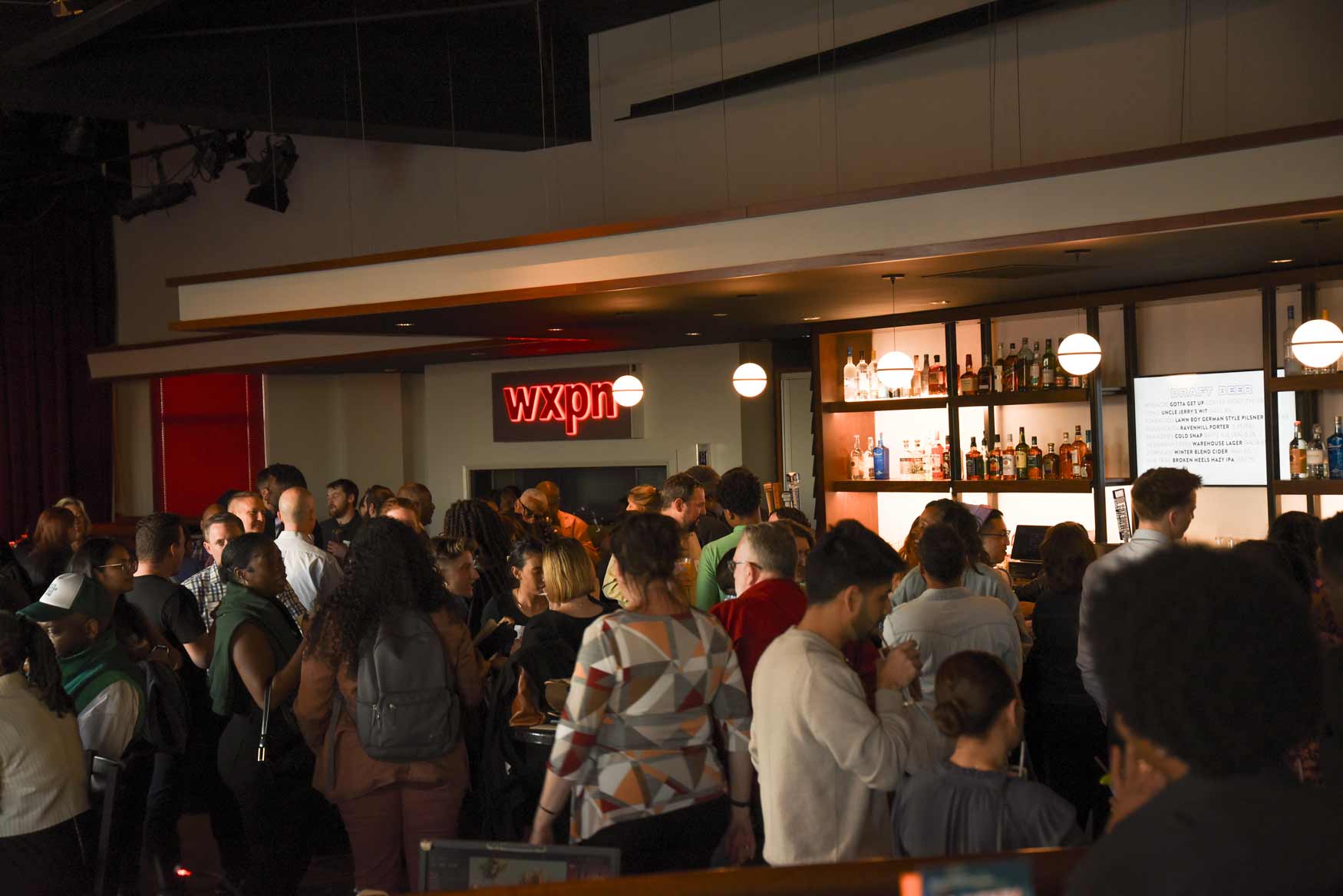 University City MixNetworking happy hour series
University City MixNetworking happy hour series
- About the Neighborhood
Learn More About our Thriving Neighborhood.-
Neighborhood OverviewUniversity City is Philadelphia’s academic heart, a hub for innovation & scientific discovery, and a historic neighborhood full of artistic & cultural exploration.
-
 Neighborhood SpotlightsExplore top food, art, shopping, and culture, just minutes from Center City.
Neighborhood SpotlightsExplore top food, art, shopping, and culture, just minutes from Center City. -
 Latest NewsUpdated on UCD's work and the neighborhood.
Latest NewsUpdated on UCD's work and the neighborhood.
- Doing Business
Learn How we Promote Growth and Innovation.-
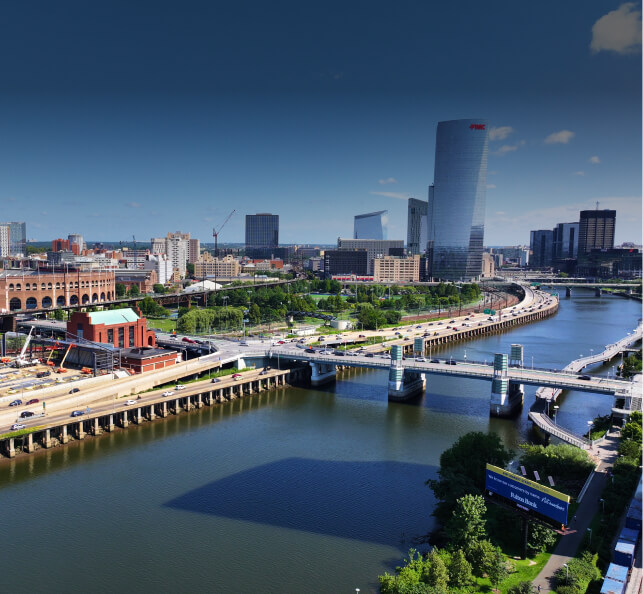 Choose University CityUniversity City is a top Philadelphia neighborhood to work, live, attend school, open a business, or visit.
Choose University CityUniversity City is a top Philadelphia neighborhood to work, live, attend school, open a business, or visit. -
Reports and DataResearch & analysis tied to the local economy, transportation, public space use, public safety, workforce development, & more.
-
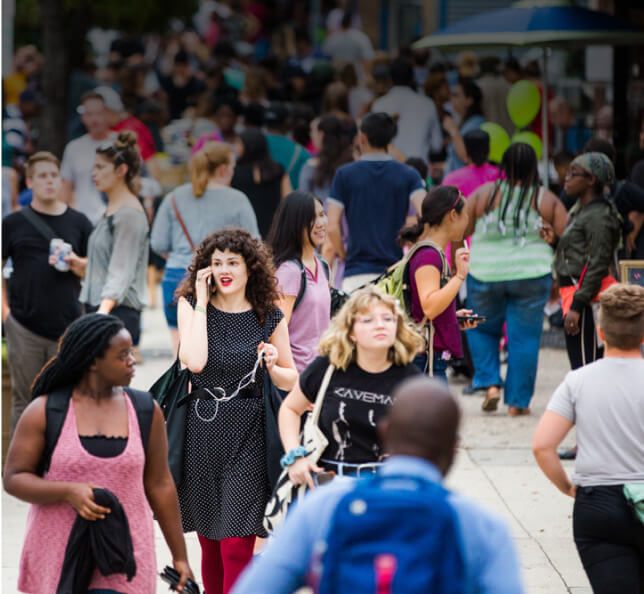 Become a SponsorSponsorships provide valuable visibility while fostering community engagement, and enhancing the vibrancy of the neighborhood.
Become a SponsorSponsorships provide valuable visibility while fostering community engagement, and enhancing the vibrancy of the neighborhood.
- What We Do
Explore our Range of Services and Specialties.-
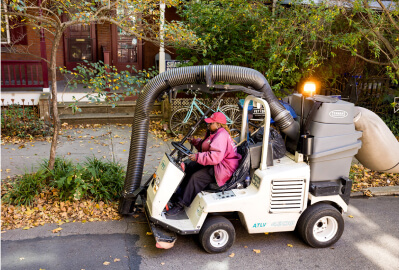 Maintain Clean and Safe StreetsCreating a safe and welcoming environment for residents, employees, students, and visitors
Maintain Clean and Safe StreetsCreating a safe and welcoming environment for residents, employees, students, and visitors -
 Assist the UnhousedAddressing the tragedy of homelessness in our district through a compassionate, measured & people-first approach
Assist the UnhousedAddressing the tragedy of homelessness in our district through a compassionate, measured & people-first approach -
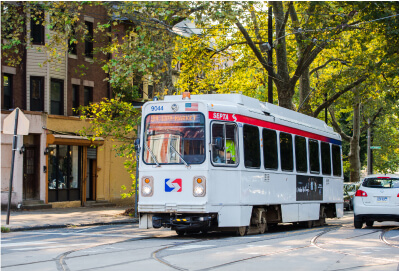 Improve TransportationAddressing bike & pedestrian safety, traffic congestion & public transit routing
Improve TransportationAddressing bike & pedestrian safety, traffic congestion & public transit routing -
 Support Our Local EconomySupporting supports the local business community and residents through a wide range of services
Support Our Local EconomySupporting supports the local business community and residents through a wide range of services -
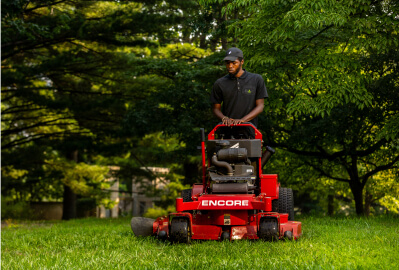 Provide Landscape ServicesOur landscaping social venture provides design-build-maintenance landscaping services
Provide Landscape ServicesOur landscaping social venture provides design-build-maintenance landscaping services -
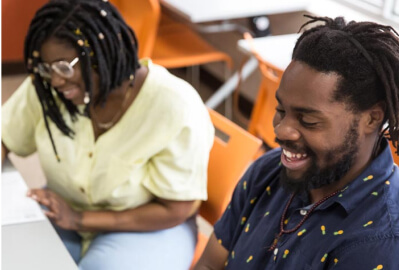 Connect Residents to CareersHarnessing the hiring power of our area’s major employers while cultivating local talent
Connect Residents to CareersHarnessing the hiring power of our area’s major employers while cultivating local talent
-

-
Things to Do
Discover everything to do in University City.
-
Community CalendarEvents including restaurants promotions, concerts, live theater, community meetings, art galleries & public spaces
-
Baltimore Avenue Dollar Stroll$1, $3, and $5 deals from local businesses & vendors
-
University City Dining DaysUniversity City’s version of “restaurant week”
-
University City Summer SeriesFamily-friendly free outdoor summer concerts
-
Movies in Clark ParkFamily-friendly free outdoor screenings every August
-
University City MixNetworking happy hour series
- About the Neighborhood
Learn More About our Thriving Neighborhood.-
Neighborhood OverviewUniversity City is Philadelphia’s academic heart, a hub for innovation & scientific discovery, and a historic neighborhood full of artistic & cultural exploration.
-
Neighborhood SpotlightsExplore top food, art, shopping, and culture, just minutes from Center City.
-
Latest NewsUpdated on UCD's work and the neighborhood.
- Doing Business
Learn How we Promote Growth and Innovation.-
Choose University CityUniversity City is a top Philadelphia neighborhood to work, live, attend school, open a business, or visit.
-
Reports and DataResearch & analysis tied to the local economy, transportation, public space use, public safety, workforce development, & more.
-
Become a SponsorSponsorships provide valuable visibility while fostering community engagement, and enhancing the vibrancy of the neighborhood.
- What We Do
Explore our Range of Services and Specialties.-
Maintain Clean and Safe StreetsCreating a safe and welcoming environment for residents, employees, students, and visitors
-
Assist the UnhousedAddressing the tragedy of homelessness in our district through a compassionate, measured & people-first approach
-
Improve TransportationAddressing bike & pedestrian safety, traffic congestion & public transit routing
-
Support Our Local EconomySupporting supports the local business community and residents through a wide range of services
-
Provide Landscape ServicesOur landscaping social venture provides design-build-maintenance landscaping services
-
Connect Residents to CareersHarnessing the hiring power of our area’s major employers while cultivating local talent
Project Rehab Celebrates 10+ Years of Community Impact
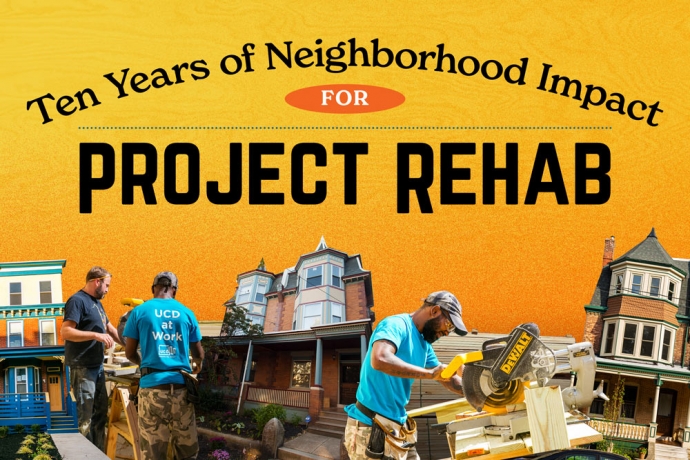

For over ten years, our Project Rehab program, led by Ryan Spak, has been assisting community members with real estate issues ranging from title disputes to code violations to financing for renovations. Originally conceived to help homeowners transform vacant and debilitated properties into neighborhood assets, Project Rehab’s services have expanded over the years to include providing aid to non-profit organizations, community groups, and churches.
While some Project Rehab projects come together on a shorter timeline, like instances when Ryan has responded to urgent needs like buildings facing demolition, some other projects take time, dedication, and patience. A recent example of a project requiring patience is 3415 Hamilton Street, pictured on the right before renovations.
Ryan first began working on this property on January 31st, 2012, after being contacted by the Powelton Village Civic Association. They were seeking help with this distressed property, which at the time had been vacant for nearly 20 years. Through hard work and dedication, Ryan eventually worked with the neighborhood to establish a conservatorship for the property in 2019 through ACT 135 (the Abandoned and Blighty Property Conservatorship ACT), which allows residents and property owners to report substandard or abandoned buildings in order to prevent potential risks or hazards.
Now over 10 years later, the property has been completely renovated into a beautiful 6 bedroom, 5 bathroom house that hit the market on March 15th, 2022. In the end, the time from the start of this project to its completion was nearly as long as Ryan’s entire tenure with UCD and Project Rehab. We thank him for his hard work and dedication to our community.
If you’d like to read more about Ryan’s recent work, The Philadelphia Inquirer recently published a story about his impact on the neighborhood, including his efforts to help save the Ethiopian Community Association of Greater Philadelphia headquarters from being demolished. Click here to read the whole story. To read more about Ryan’s tenure at UCD, check out this 2017 profile we wrote as part of our 20 Years, 20 Stories series.
-
